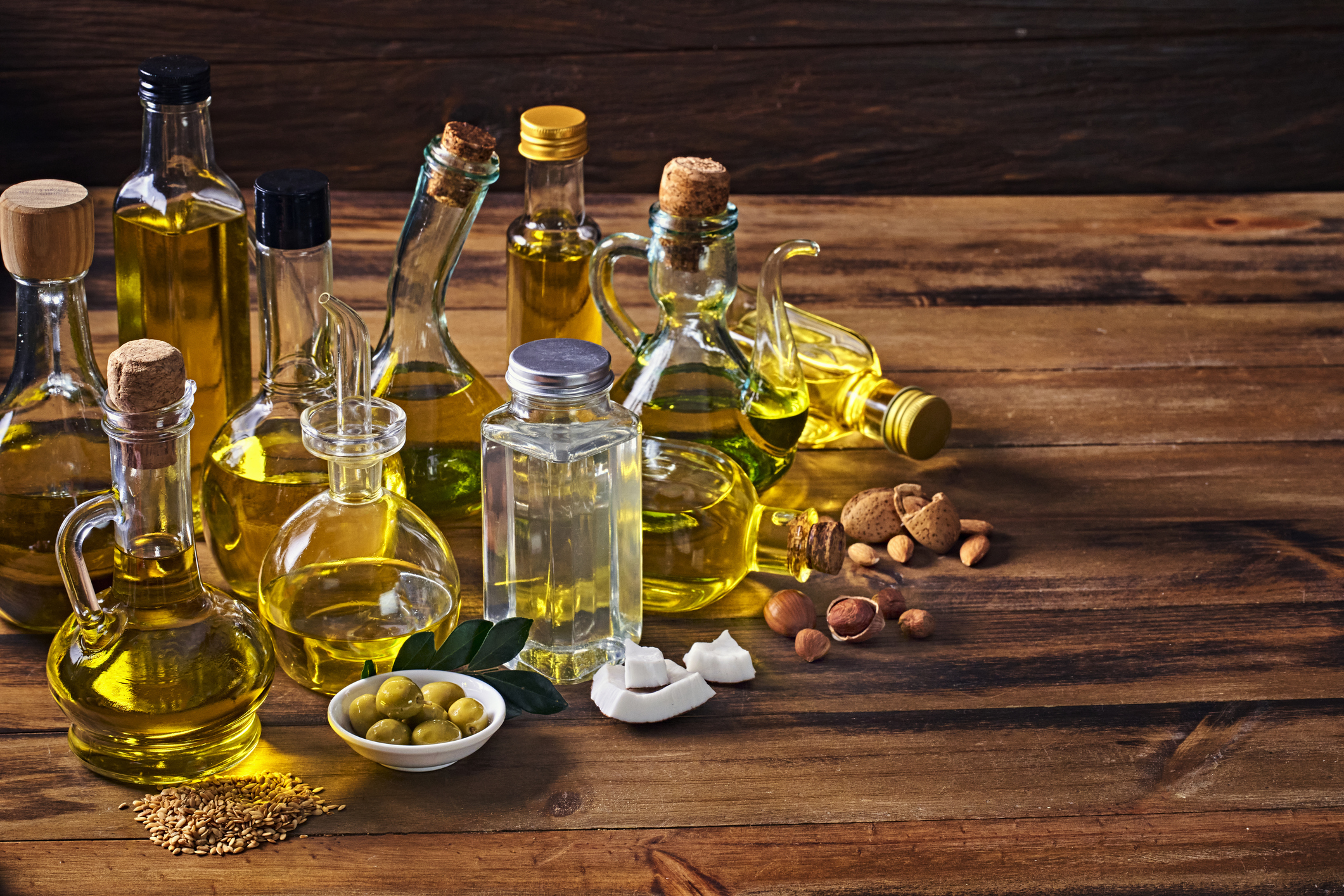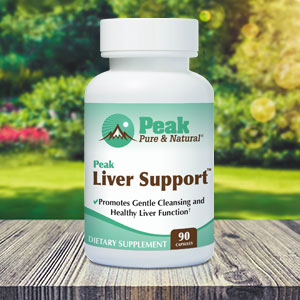Get Easy Health Digest™ in your inbox and don’t miss a thing when you subscribe today. Plus, get the free bonus report, Mother Nature’s Tips, Tricks and Remedies for Cholesterol, Blood Pressure & Blood Sugar as my way of saying welcome to the community!
High LDL? Seed oils may help best

When it comes to food and health, fat comes up, more often than not, in a negative context. But fat’s bad reputation is only partially earned.
Fats give your body the energy it needs to work properly. Certain vitamins need fat for your body to absorb them properly. Fats also control inflammation and blood clotting and keep your brain functioning well. These are just a few of the reasons fat is an essential part of a healthy diet.
The key is to consume healthy unsaturated fats. These include oils from olives, nuts and seeds, avocados and fish. In most people, these fats have a reputation for helping lower LDL, raising “good” HDL cholesterol and lowering triglycerides.
But when it comes to sauteing your dinner, what’s the best oil to use?
Cooking for better cholesterol
Surprising, considering all the studies establishing that mono- and polyunsaturated fats are better for cholesterol, there’s not been one really large study comparing them all to see which comes out on top. The majority of these studies just looked at the benefits of one oil or food source at a time.
That’s why a team of researchers used a new study technique called a network meta-analysis to see the big picture. They sought to combine the results of several existing studies that met specific criteria: They had to have compared the effect of two or more oils or fats — from a list of 13 — against the participants’ LDL or other blood lipids like total cholesterol, HDL or triglycerides over a period of at least three weeks.
That gave them total results of 55 studies to analyze and identify those oils with the greatest impact on LDL cholesterol and other blood lipids.
Unsurprisingly, the final ranking indicated that solid fats like butter and lard are the worst choice for LDL levels. The best choices, by contrast, are oils from seeds.
“Sunflower oil, rapeseed oil, safflower oil and flaxseed oil performed best,” says Lukas Schwingshackl, a researcher at the German Institute of Human Nutrition.
“Some people from Mediterranean countries probably are not so happy with this result, because they would prefer to see olive oil at the top,” Schwingshackl adds. “But this is not the case.”
The researchers cautioned that this study didn’t present “a hard clinical outcome.” Schwingshackl said, “LDL is a causal risk factor for coronary heart disease, but it’s not coronary heart disease.”
However, he added, that it might be difficult to conduct a study comparing those clinical outcomes. Study participants would need to eat one type of fat for years at a time, to compare results.
One risk of meta-analyses like this one is they could mislead by combining several pieces of low-confidence data into one falsely confident-sounding ranking. In this case, for instance, there wasn’t enough evidence to choose a single seed oil that was most beneficial. Also, the oils that were best at lowering LDL were not the most beneficial for triglycerides or HDL.
Not all saturated fats are bad
Interestingly, the meta-analysis showed that beef fat and coconut and palm oils, all of which are classified as saturated fats, were more effective at reducing LDL than butter. What’s more, palm oil had the best impact on triglycerides, and coconut oil was best for elevating HDL levels.
So what does this mean? Should we treat all fats as the same, even those classified as less-healthy saturated fats?
The answer: it depends on the type. Using a plant-based saturated fat like coconut oil is probably fine in moderation.
The worst trouble seems to lie with trans-fats, which are types of fats classified as hydrogenated or partially hydrogenated. These chemically created fats are designed to give oils and processed foods a longer shelf life.
These “fake” fats are terrible for our cholesterol levels, raising the “bad” LDL while lowering the “good” HDL. They also fuel inflammation, disrupt cell signaling and interfere with numerous critical bodily functions. Worse, because the body doesn’t recognize them, it has a difficult time processing and eliminating them.
The FDA banned the use of trans fats in food in 2020 but they warn they may still appear in some foods. You can find a list here, and of course, they’re processed foods. They advise checking labels. We’d advise avoiding processed foods as much as possible.
Editor’s note: There are perfectly safe and natural ways to decrease your risk of blood clots including the 25-cent vitamin, the nutrient that acts as a natural blood thinner and the powerful herb that helps clear plaque. To discover these and other secrets of long-lived hearts, click here for Hushed Up Natural Heart Cures and Common Misconceptions of Popular Heart Treatments!
Sources:
Seed oils are best for LDL cholesterol — ScienceDaily
Effects of oils and solid fats on blood lipids: a systematic review and network meta-analysis — Journal of Lipid Research
Blood Cholesterol: Causes and Risk Factors — National Heart, Lung, and Blood Institute
Coconut oil and palm oil’s role in nutrition, health and national development: A review — Ghana Medical Journal
Saturated Fat — American Heart Association
Trans Fats — American Heart Association














